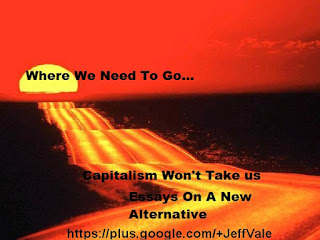I highly recommend reading the linked article below from Nautilus. It is a wonderful recap of where physics now stands as to the true manifestation of matter.
It turns out that a fixed translation, via a specific object, to thus aggregate a stable thing that has mass, is not so easy to track across so many scales of consideration. Made especially more difficult when you keep determining that the objects close to your nominal scale of actual perceptive existence keep demonstrating the annoying tendency to simply be a never ending series of more encapsulated systems of other objects simply whirling about, expressing energy in one form or another within consistent, generalized boundaries (which are of course another can of worms to try and open).
Fortunately this is faith well placed because there have been lots of useful observations that have made making indirect inferences quite reasonable. So it is, therefore, quite reasonable to assume that the whirling processes, for whatever encapsulated system, must produce at least the effect of mass. This must be so because no matter what, inertia will have to be dealt with in the larger frame of reference that the selected "object" has to exist in.
So we must conclude that "assumed mass" is real. This really shouldn't be a big deal, though, from my perspective. After all, isn't that what relativistic mass is when you accelerate said object? The inertia thus created would certainly equate to a given mass, quite beyond the nominal mass of the object itself, especially if were to come to a sudden interaction with another "fixed" object, releasing more energy than the first objectified whirling system, of other, lower scale objects, would possess of themselves.
This conclusion then makes me wonder why physics as a whole isn't investigating relativistic mass a great deal more. It seems to me that this would be a much more useful area of inquiry than, say, continued blasting away at some of these same objects with accelerated protons (or whatever else they might use as a bullet).
I have posted on this before certainly. And I still think that this is a completely wrong headed way to go about observational science. Especially now that really tremendous energies are starting to be applied. The fact of the matter here, as this article makes plain, is that there is just so much in the intervening levels of scale that are being blasted down into, that we cannot know of, and so must take on faith, that there ought to be a great deal more self examination about what kinds of observational prejudice might be introduced when you make interactions for which you have so little true understanding of.
The simple fact of the matter is that they still don't know for sure whether very high energy impacts made by scientists have the very same effect as those made by natural causes. And in fact, how could you ever know that for sure? As I have also stated many times not everything will lend itself to truly objective measurement, or testing, so at some point faith has to come into the picture. And I, for one, don't have much faith in an approach that relies on destruction to this extent.


























